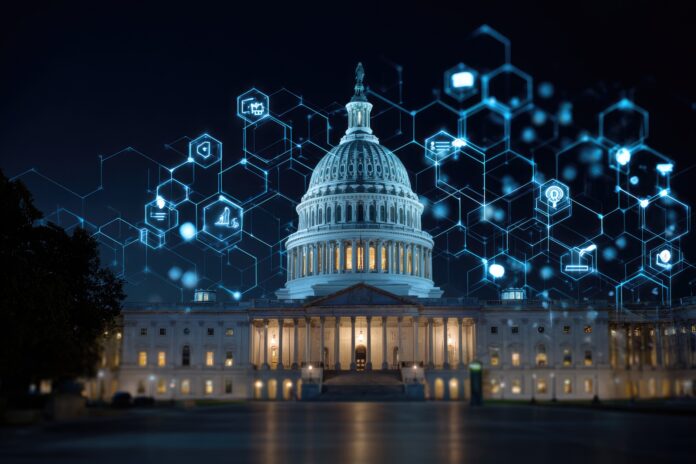Understanding the Federal Push to Preempt State AI Regulation
The ban on state AI laws has become a flashpoint in the debate over how America should govern artificial intelligence. Most importantly, the 10-year moratorium—buried within the recent budget reconciliation bill—seeks to halt all new and existing state laws targeting artificial intelligence systems, models, and automated decision tools for a decade.[1] This bold move would preempt over 1,000 active AI-related bills and dozens of state-level laws already signed. But what does this mean for Big Tech, innovation, and the rights of everyday Americans?
Why Federal Lawmakers Want a Ban on State AI Laws
Supporters of the ban claim it is necessary to prevent a fragmented patchwork of regulations. Because state-by-state rules have the potential to stifle innovation and create compliance chaos, some lawmakers worry that major U.S. tech firms could lose their competitive edge globally—especially when facing rivals like China.[1] Therefore, they argue that a temporary moratorium will give Congress time to craft clear national standards for AI, providing consistency for businesses and regulators alike.
The Backlash: State Lawmakers and Consumer Advocates Push Back
Despite these intentions, the ban on state AI laws has triggered fierce opposition from both sides of the aisle. A bipartisan coalition of over 260 state legislators argues that a decade-long freeze on state AI regulation would strip them of the tools needed to protect residents from emergent AI threats like deepfake scams, algorithmic discrimination, and job displacement.[3] State attorneys general and key senators, including Republicans who helped advance the bill, have voiced concerns that the moratorium would undermine state autonomy and fail to address fast-evolving risks.
One lawmaker highlighted a growing sentiment: “AI will raise some of the most important public policy questions of our time, and it is critical that state policymakers maintain the ability to respond.”[3]
Who Stands to Gain? Big Tech’s Changing Legal Landscape
If enacted, this ban on state AI laws could dramatically reshape legal guardrails that have kept Big Tech in check at the state level. Because federal AI regulations remain in their infancy, a moratorium would pause the only active oversight many tech companies face today. As a result, Big Tech could benefit from a regulatory vacuum, operating without fear of diverse state-level restrictions.[5]
However, this approach is not without risk. By sidelining over 1,000 active proposals and dozens of existing laws, the ban could leave consumers exposed to unchecked AI harms—particularly as technology accelerates. Critics warn that waiting a decade for federal rules could be an eternity in the fast-moving world of AI innovation.
Potential Impacts on Innovation, Competition, and Consumer Safety
Supporters maintain that national standards will ultimately encourage responsible innovation by eliminating conflicting state requirements. Besides that, they hope it will make it easier for companies to scale new technologies across the U.S. without delays. But detractors contend that local governments must remain able to act quickly against threats unique to their communities. Without that flexibility, states could struggle to respond to emergent dangers, leaving residents vulnerable.
The Path Forward: Negotiation, Not Nullification
The Senate has already started to water down the strict 10-year ban, suggesting that any preemption of state laws could be tied to specific federal funding promises or future legislative benchmarks.[2] For now, the fate of the ban—and the balance of power between Silicon Valley and statehouses—is far from settled.
Conclusion: Weighing Innovation Against Oversight
The ban on state AI laws debate underscores a defining question for America’s future: Can we balance the imperative for innovation with the public’s need for protection? Until Congress creates comprehensive, nimble federal standards, states have played a vital role in building legal guardrails that keep Big Tech accountable. Blocking that authority, even temporarily, could have consequences that reshape the relationship between technology and society for years to come.
References
- NatLawReview: Congress’ 10-Year AI State-Law Ban Draws Fierce Opposition
- StateScoop: State Lawmakers Push Back on Federal Proposal to Limit AI Regulation
- Fisher Phillips: 10-Year Ban on State AI Laws
- Fisher Phillips: Senate Leaders Water Down 10-Year State AI Law Ban



